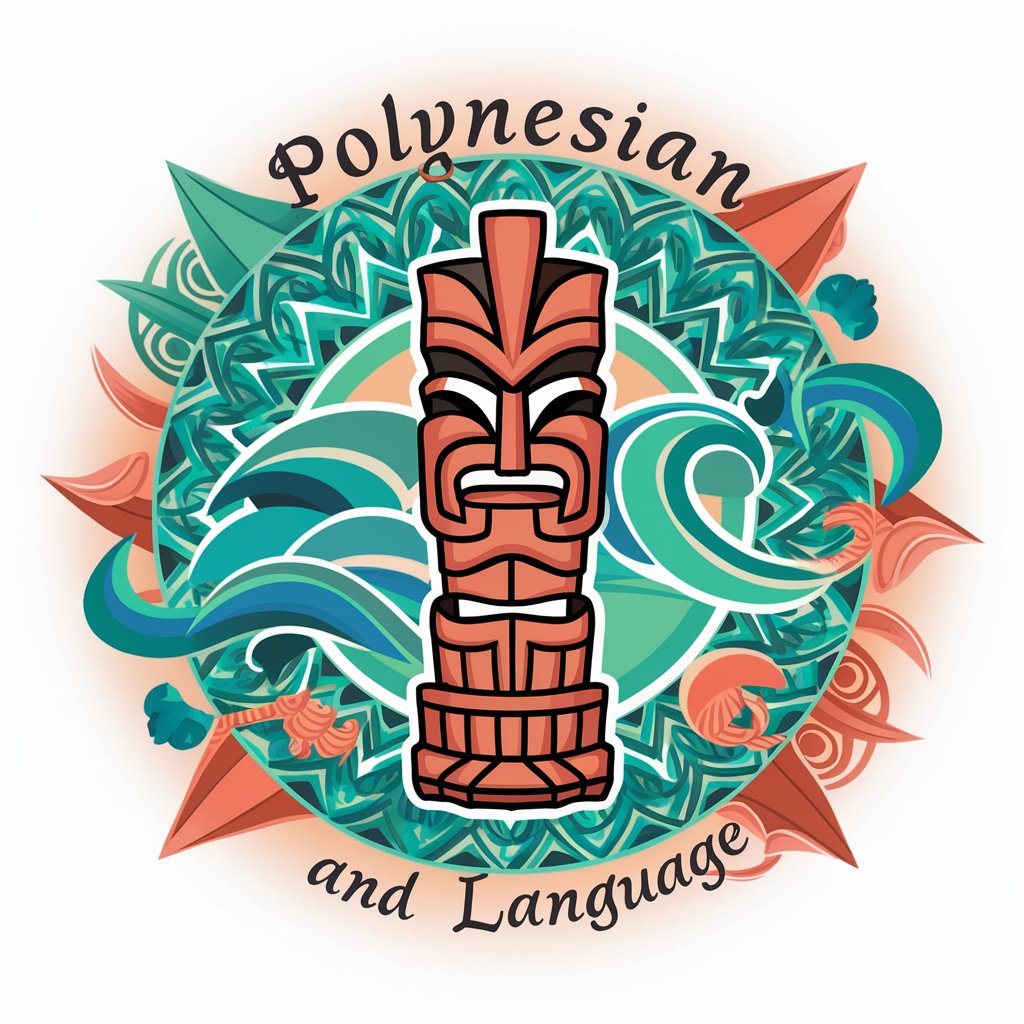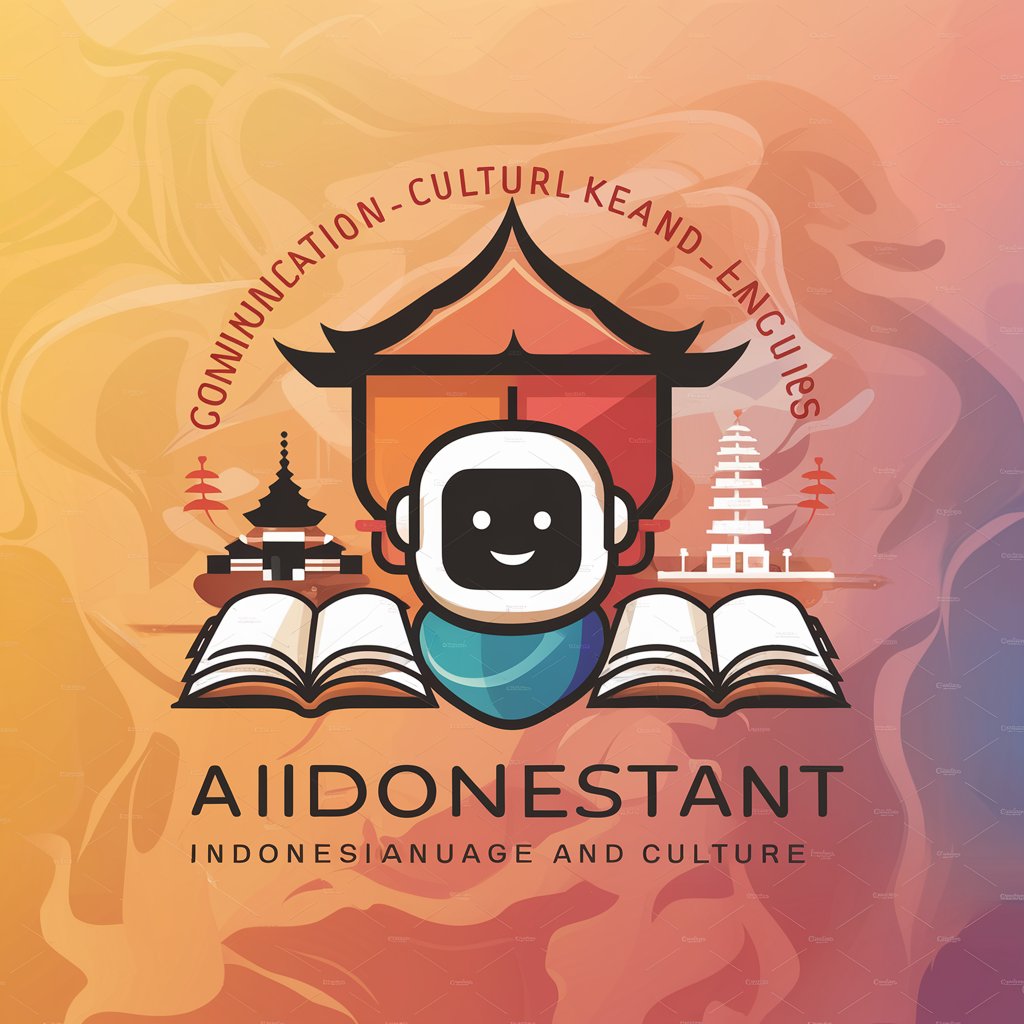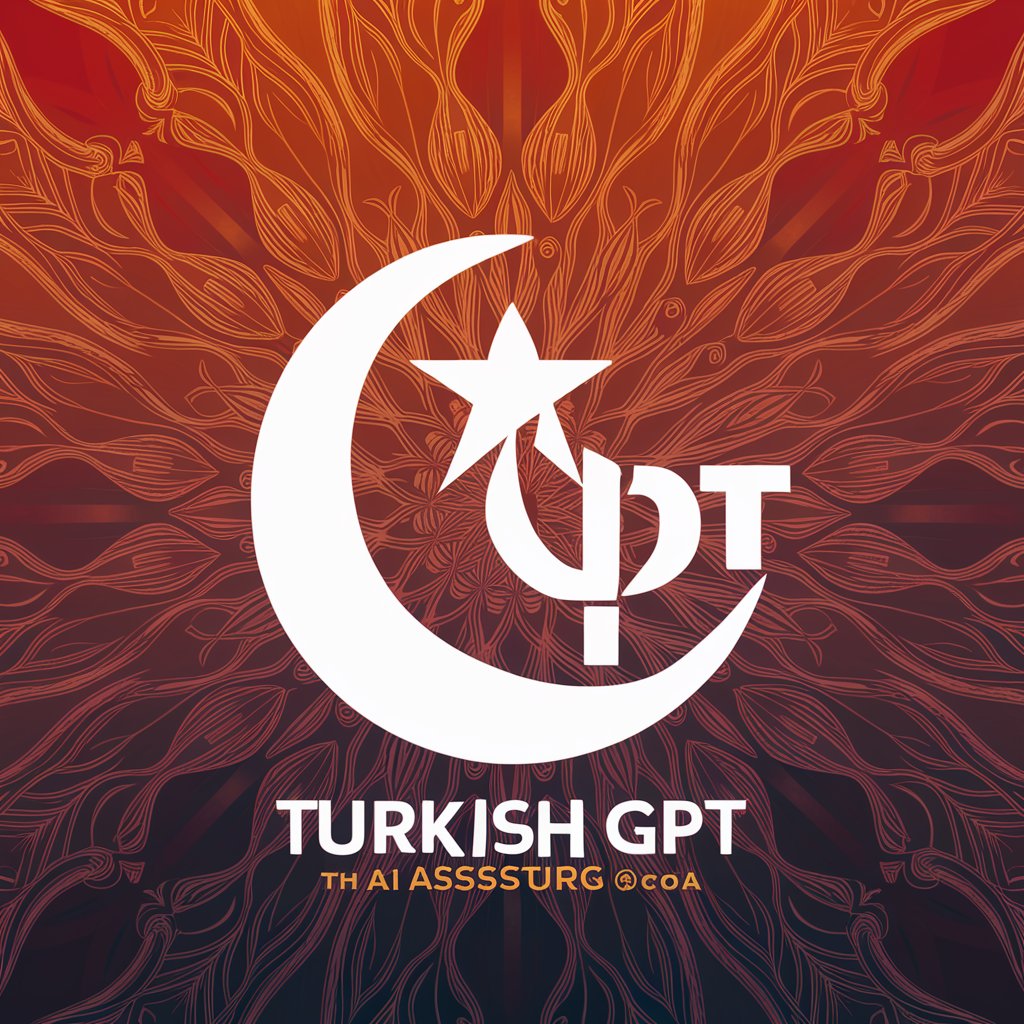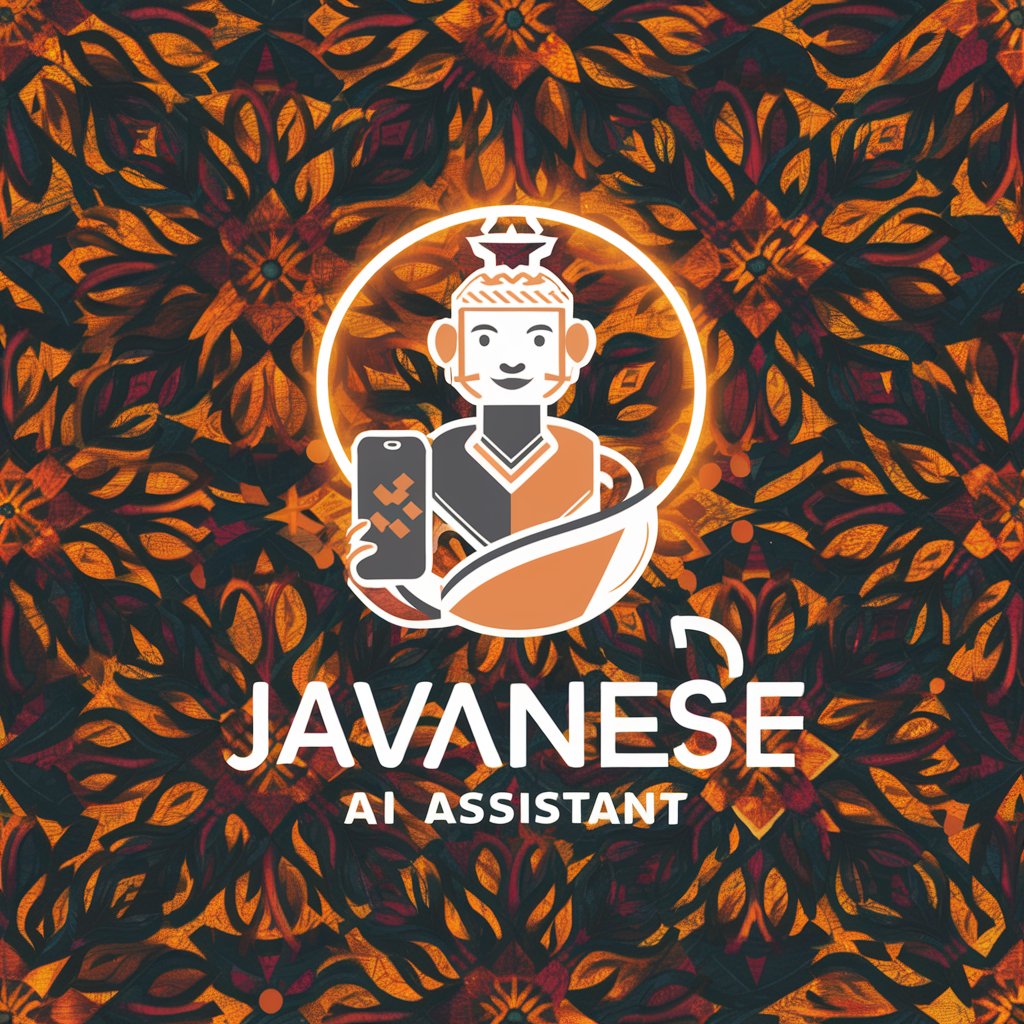
Cantonese - Cantonese Language Learning

Hello! Ready to explore Cantonese language and culture?
Master Cantonese with AI Assistance
Translate the following sentence to Cantonese:
What are some common Cantonese expressions for greetings?
Can you provide insights into the cultural significance of Cantonese cuisine?
What resources are available for learning Cantonese effectively?
Get Embed Code
Introduction to Cantonese
Cantonese, as an AI model, is designed to offer comprehensive support and insights into the Cantonese language, one of the major Chinese languages spoken in Hong Kong, Macau, parts of Guangdong Province, and by Chinese diaspora worldwide. It's tailored to assist users in navigating the nuances of Cantonese, from its tonal variations to its rich cultural context. Unlike standard language translation services, Cantonese is built to understand and convey the subtleties of Cantonese dialect, idioms, slang, and cultural references. For example, when translating phrases or providing language lessons, Cantonese doesn't just offer direct translations but also contextualizes them, explaining cultural nuances or historical backgrounds where relevant. This design purpose is grounded in the goal to not only facilitate language learning and communication but also to deepen users' understanding of Cantonese-speaking regions' culture and traditions. Powered by ChatGPT-4o。

Main Functions of Cantonese
Translation and Interpretation
Example
Translating everyday phrases, idiomatic expressions, or slang from English to Cantonese and vice versa. For instance, translating '加油' (jia1 you2) to 'Keep going' or 'Good luck', while explaining that it's commonly used to offer encouragement.
Scenario
Useful for travelers in Cantonese-speaking regions, expatriates, or anyone communicating with Cantonese speakers.
Cultural Insight and Context
Example
Explaining the significance of traditional festivals, customs, or practices, such as the Mid-Autumn Festival and the custom of sharing mooncakes.
Scenario
Beneficial for individuals interested in the cultural heritage of Cantonese-speaking communities, including students, cultural enthusiasts, and professionals working in culturally diverse environments.
Language Learning Support
Example
Providing pronunciation guides, grammar tips, and vocabulary exercises tailored to learners' proficiency levels. This could include quizzes on Cantonese tones, which are crucial for effective communication.
Scenario
Ideal for language learners, from beginners to advanced, seeking to improve their Cantonese skills through structured lessons and interactive quizzes.
Ideal Users of Cantonese Services
Language Learners
Individuals at any stage of learning Cantonese, from beginners who need basic vocabulary and pronunciation help, to advanced learners looking to refine their understanding of complex grammatical structures or idiomatic expressions. They benefit from personalized lessons, quizzes, and cultural insights that enrich their language learning journey.
Travelers and Expatriates
People visiting or living in Cantonese-speaking regions who wish to navigate daily life more smoothly. This includes understanding local customs, communicating basic needs, or even enjoying local media. Cantonese's translation and cultural insight functions are particularly valuable for this group.
Cultural Enthusiasts and Scholars
Those with a deep interest in the culture, history, and traditions of Cantonese-speaking communities. This group benefits from detailed explanations of cultural practices, historical contexts, and the nuances of Cantonese language as it relates to cultural identity.

How to Use Cantonese
Begin Your Journey
Start by visiting a platform offering Cantonese language resources without the need for registration or subscription, such as yeschat.ai for a complimentary trial.
Identify Learning Goals
Define your objectives, whether it's conversational fluency, understanding Cantonese culture, or mastering reading and writing. This will guide your study focus and material selection.
Engage with Multimedia Content
Utilize a variety of resources such as videos, music, and podcasts in Cantonese. This exposure enhances listening skills and cultural understanding.
Practice Regularly
Incorporate Cantonese into your daily routine. Practice speaking with native speakers, writing, and using flashcards for vocabulary. Consistency is key to language acquisition.
Explore Cultural Contexts
Learning a language is also about understanding its culture. Engage with Cantonese-speaking communities, participate in cultural events, and try authentic cuisine to deepen your cultural appreciation.
Try other advanced and practical GPTs
C# GPT
Master C# with AI-Powered Assistance

Polynesian
Explore Polynesian Culture and Language with AI

Biblical Scholar
Unlocking ancient scriptures with AI

Indonesian
Master Indonesian with AI-powered assistance

Turkish
Master Turkish with AI-powered insights

Portuguese
Master Portuguese with AI-Powered Insights

Yoruba
Unlock Yoruba with AI-powered insights

Gujarati
Empowering Gujarati learning with AI

Bengali
Unlock Bengali with AI-Powered Learning

Hindi
Empowering Hindi Communication with AI

Javanese
Explore Javanese: Language, Culture, Insight.

Urdu
Unlock the beauty of Urdu with AI

Cantonese FAQs
What makes Cantonese unique compared to other Chinese dialects?
Cantonese has nine tones, making its tonal system more complex than Mandarin's four (or five, including the neutral tone). It retains more historical and traditional elements, and it's widely used in Hong Kong, Macau, and overseas communities, contributing to its distinct cultural identity.
Can I learn Cantonese by myself?
Yes, with the plethora of online resources, apps, and communities dedicated to Cantonese learning, self-study is entirely feasible. It requires discipline, consistent practice, and engagement with native speakers for feedback and real-life conversation practice.
How long does it take to become fluent in Cantonese?
Fluency depends on several factors, including your language learning background, the intensity of study, and immersion experiences. On average, dedicating an hour a day, most learners can achieve conversational fluency in 1 to 2 years.
Are there any common challenges when learning Cantonese?
Learners often find the tonal aspect, reading and writing traditional characters, and the colloquial vocabulary challenging. Regular listening and speaking practice, along with studying the context in which words are used, can help overcome these hurdles.
How can I practice Cantonese if I don't live in a Cantonese-speaking region?
Leverage online language exchange platforms, join Cantonese learning communities, use language learning apps that focus on Cantonese, and immerse yourself in Cantonese media like movies, TV shows, and music to enhance your learning experience outside a Cantonese-speaking environment.





